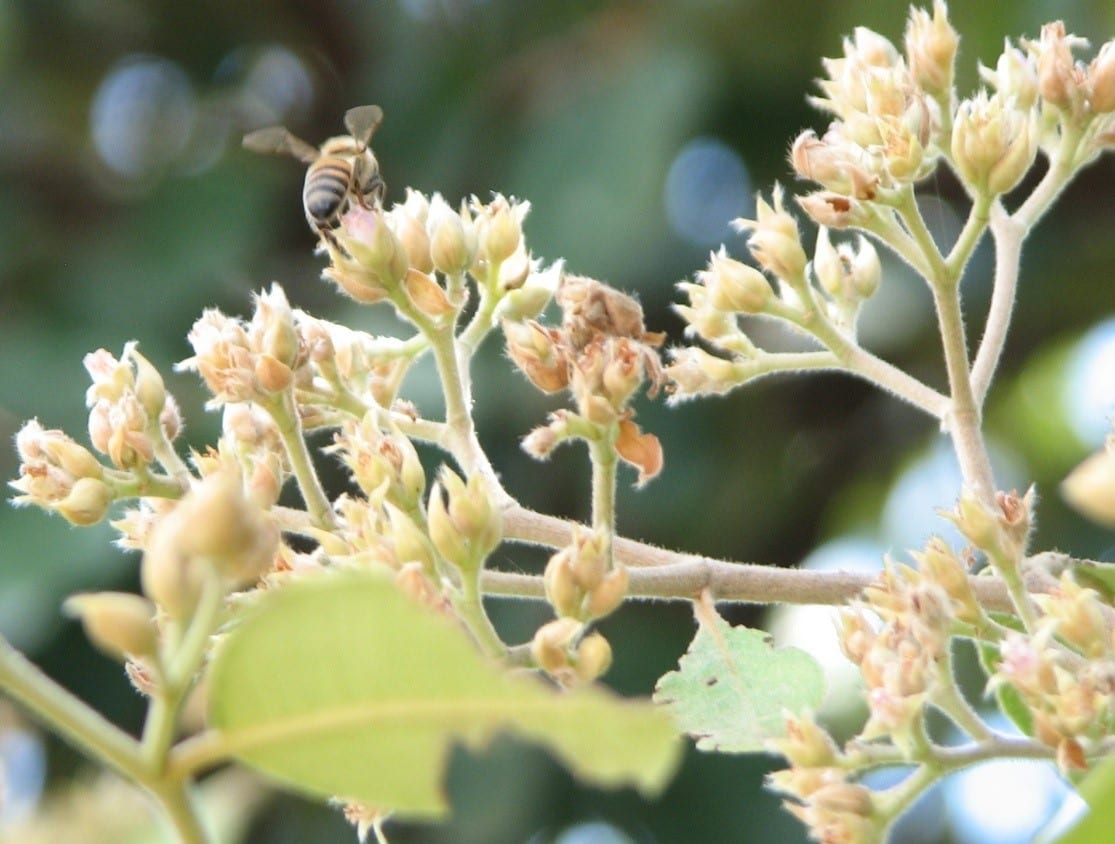Burundi
Burundi joined Promote Pollinators on May 01, 2019 in Paris, France during the IPBES conference.
Why did Burundi decide to join the coalition?
Burundi is a country in Central Africa with an area of 27,834 km2. The country consists of different natural and agricultural ecosystems, which spread over 5 ecological zones. In Burundi, natural forest ecosystems cover approximately 199,063 hectares, that is 7.15% of the country. Of this about 113,633 hectares are located in protected areas, covering 4.08% of the country. Artificial forest and agroforestry resources occupy nearly 155,000 hectares (5.56%) of the national territory, including more than 60,000 hectares of agroforestry, fodder and fruit species. All of these ecosystems are surrounded by huge and diverse agroecosystems. Agriculture remains the predominant activity in Burundi and is practiced by 93% of the population and occupies more than 50% of the land area of Burundi. It provides 95% of the food supply.
In many natural regions in Burundi it is not uncommon to see farms of beans, peas, soybeans, peanuts, etc. which produce few pods or seeds even though a farmer has flowers on his/her farms and even though there has been good rainfall. Tomato plants, eggplants, orange trees, avocado trees, after a good flowering, are found to produce few fruits or very deformed fruits. This affects the quality of the fruits, which results in the fruits being non-competitive in the market. This is also the case for coffee where, when after observing the flowering, we no longer see fruits being produced or we notice poorly developed fruits even though there are no parasites. All these very frequent cases significantly contribute to the decrease in crop production without the farmers realizing it. Sometimes farmers attribute these cases to unforeseeable factors, such as plant diseases, heavy rains, etc. and forget that a badly pollinated plant produces nothing or does not yield good fruits or seeds.
To try to address these shortcomings, Burundi has initiated studies on the pollinating insects of natural and agricultural ecosystems. These studies were carried out to test the following research hypothesis: “the deforestation that has been going on for long time in Burundi could not have resulted in the loss of pollinators, hence the decrease in agricultural production”.

Because of these studies on pollinators, Burundi joined the Coalition for the Promotion of Pollinators to:
• Collaborate with others so that we can build our capacity for research on pollinators to fill the gaps on the issue of pollinator conservation.
• Develop and implement pollinator conservation strategies in accordance with the IPBES thematic assessment on pollinators, pollination and food production
• Share, in an open and transparent manner, the experience acquired and the lessons learned from the development, facilitation and implementation of these strategies for pollinators and, in particular, knowledge regarding new approaches, innovations and best practices.
Current situation regarding pollinators and pollination in Burundi
The studies already conducted enabled the creation of a collection of reference of pollinating insects from Burundi, the production of dissertations and final theses of university studies, the production of scientific articles and the raising of awareness within local communities on the importance of pollinators in forest and agricultural ecosystems.
Burundi’s expectations for the future
We want to implement a National strategy that will allow us to take measures to protect pollinators and their habitats in order to stop and reverse their decline, taking into account our national, regional and international capacities and priorities. We also want to create an environment that attracts pollinators through sustainable agricultural practices such as agroecology, to improve the management of pollinators and to reduce the risks related to pests, pathogens and invasive species, to avoid or reduce the use of pesticides dangerous for wild and domestic pollinators, to apply appropriate risk management measures and to develop alternatives to their use.
